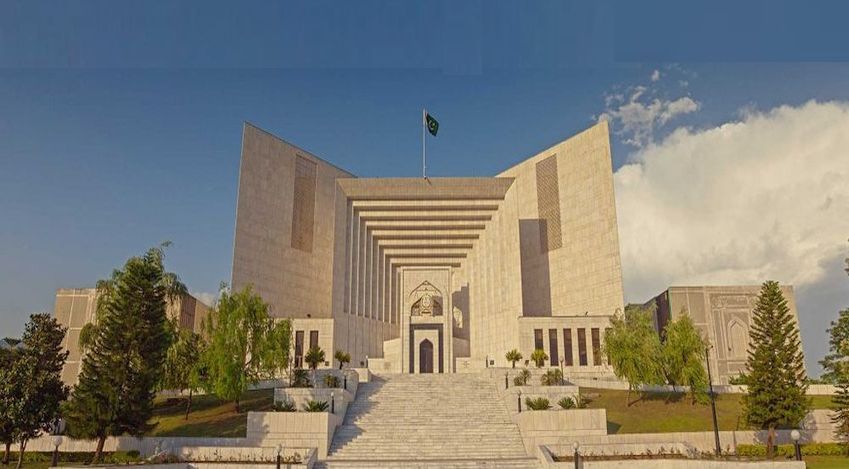Where Public Money is involved, responsible Individuals should not be let off with Minor Penalties, as this undermines the Deterrent Effect necessary to prevent such Misconduct --- Supreme Court of Pakistan
Islamabad 17-08-2024: In a significant ruling, the Supreme Court of Pakistan has overturned the decision of the Federal Service Tribunal and restored the original penalties of dismissal from service for two government employees implicated in a massive embezzlement case involving over Rs. 11 crore at the Dhadar Post Office.
The case concerned Amanat Ali and Muhammad Azam, who were accused of facilitating the misappropriation of government funds while serving as Treasurer and Junior Accountant at the Sibi General Post Office (GPO), respectively. The departmental inquiries had found both individuals guilty of corruption and negligence, leading to their dismissal from service.
However, the Federal Service Tribunal, in its judgment dated March 21 and 24, 2016, reinstated the employees, reducing their penalty from dismissal to a two-stage reduction in their time scale for a period of two years. The Tribunal had deemed the case to be one of inefficiency and negligence rather than corruption, sparking the appeal to the Supreme Court.
During the hearing, the Supreme Court criticized the Tribunal’s decision, emphasizing the importance of proportionality in punishment, particularly in cases involving public funds. The Court held that the Tribunal failed to provide a solid justification for reducing the penalties despite the severity of the charges. It stressed that where public money is involved, responsible individuals should not be let off with minor penalties, as this undermines the deterrent effect necessary to prevent such misconduct.
The Court highlighted the legal framework under Section 5 of the Service Tribunal Act, 1973, which grants the Tribunal the authority to modify penalties. However, it noted that this power must be exercised within the confines of the law, ensuring that the punishment fits the gravity of the offense. The judgment also referenced several key precedents, including Postmaster General Sindh Province, Karachi versus Syed Farhan (2022 SCMR 1154), to underscore the necessity of upholding strict disciplinary measures in cases of corruption.
As a result, the Supreme Court set aside the Tribunal’s judgments and restored the original penalties of dismissal, reinforcing the need for stringent accountability measures in the public sector.
The decision is seen as a reaffirmation of the Court's commitment to upholding the integrity of public service by ensuring that serious breaches of duty, particularly those involving corruption, are met with appropriate and proportionate penalties.
Powered by Froala Editor








